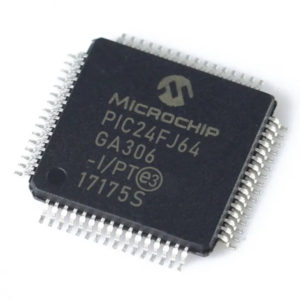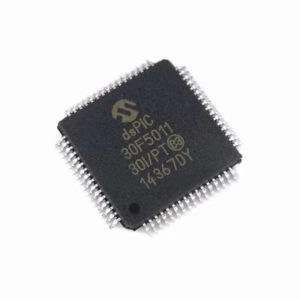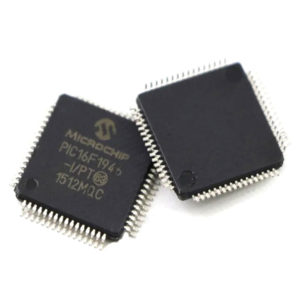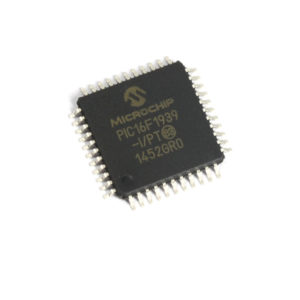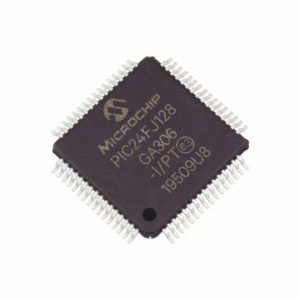EP4CE15U14I7N
| Manufacturer | Altera |
| Description | IC FPGA 165 I/O 256UBGA |
| Category | Integrated Circuit |
| Package | BGA-256 |
| Status | New & original |
| Ship From | HK/SHENZHEN |
| Stocks | 10,000 |
Please submit your BOM List or Input the part online
Description
The EP4CE15U14I7N is a specific model of FPGA (Field-Programmable Gate Array) from the Cyclone IV E family, manufactured by Intel (formerly Altera). This FPGA offers 15,408 logic elements and 232 user I/O pins. The “I7N” in the part number indicates a different package type or speed grade.
Similar to other FPGAs, the EP4CE15U14I7N can be used in various applications. Some common applications where this FPGA model can be utilized include:
1. Embedded Systems: FPGAs are commonly used in embedded systems for tasks such as system control, data processing, and interfacing with peripherals. They provide flexibility in implementing custom logic and can be tailored to meet the specific requirements of the embedded application.
2. Digital Signal Processing (DSP): FPGAs find application in DSP systems for tasks such as filtering, image and audio processing, and real-time data analysis. They offer high computational power, parallelism, and flexibility, making them suitable for demanding DSP algorithms.
3. Communication Systems: FPGAs are frequently employed in communication systems for tasks such as protocol implementation, data encryption/decryption, and signal processing. They provide the ability to implement custom algorithms and protocols, enabling efficient and flexible communication solutions.
4. Test and Measurement Equipment: FPGAs are utilized in test and measurement equipment for tasks such as signal generation, signal analysis, and protocol testing. They offer the necessary performance, reconfigurability, and real-time capabilities required in test and measurement applications.
5. Industrial Automation: FPGAs are extensively used in industrial automation systems for tasks such as control logic implementation, sensor interfacing, and real-time control. They offer precise control, high-speed processing, and the ability to interface with various sensors and actuators, enabling advanced automation functionalities.
6. Medical Devices: FPGAs find application in medical devices for tasks such as image processing, signal analysis, and control. They offer the necessary processing power and flexibility to implement complex algorithms and interfaces required in medical applications.




















































